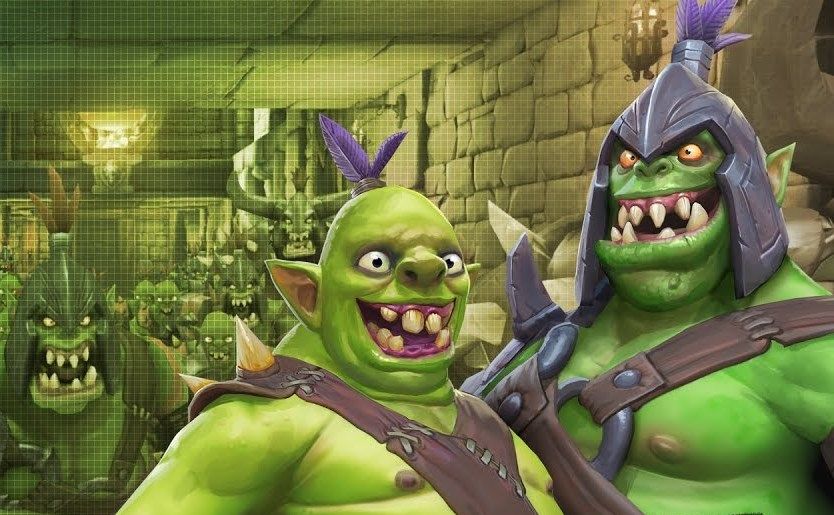This article originally appeared in issue 350 of our glossy magazine. You can get it delivered right to your door by grabbing a subscription, which will also net you special subscriber-only covers.
Some ideas are so familiar, so entrenched in gaming history, that it’s difficult to remember how strange they were in the beginning. Take Age of Empires. Splicing the real-time battles of Command & Conquer with the grand strategy of Civilization was an odd and unprecedented experiment.
“Back then, the studio was really enjoying the RTS genre, which was still nascent and growing,” says Patrick Hudson, who worked for several years as a producer at Ensemble. “There weren’t that many big titles established. There was an appetite internally to explore a historical setting.”
Thirty million units later, Age of Empires feels as fundamental to PC gaming as turning on your monitor. But that success was also confining. Ensemble became trapped by its once-brave formula, unable to commit to new ideas as Age of Empires sucked attention and resources. A spy game, a 3D platformer, Diablo with pirates—all were subsumed by Microsoft’s need for more of the same.
“We tried a lot of different genres and prototyped different things, but it was always hard to push those ideas through the Microsoft machine,” Hudson explains. “There was resistance.”
Even after Ensemble shut down and many of its staff banded together as Robot Entertainment, those developers still felt Microsoft’s corporate influence. Robot’s first game was Age of Empires Online—a curious RTS that takes on the structure and appearance of World of Warcraft. I had wondered whether it shared DNA with the cancelled Halo MMO Ensemble had been working on before its demise. But Hudson says that wasn’t so.
“The context is important, and at that point free-to-play online games were exploding across Facebook with Zynga,” he recalls. “There was [an] appetite within leadership at Microsoft at the time to explore that space and see what opportunities might have existed. Even inside Microsoft, there was some conflict about whether it was Age of Empires Online or an Age of Empires 4.”
Mouse trap
Only once Robot was working independently did its staff regain the experimental spirit that had produced Age of Empires in the first place. One prototype for a dungeon-building tool sparked an idea—what if it wasn’t the dungeons players were laying down, but the traps and torture devices within? On Ensemble’s final project, Halo Wars, the team had already begun to lean into tower defence and embrace the immediacy of console controls. Orcs Must Die! saw Robot double down on both, with siege missions that asked the player to construct traps and fight off a horde at ground level.
“I don’t know how much of that [influence] was unconscious,” Hudson says. “The leadership had all worked on Halo Wars, so there’s no question some of the learnings would have showed up in Orcs Must Die!.”
Orcs Must Die! and its sequel became, on a smaller scale, Robot’s Age of Empires—a new genre hybrid that connected with a large audience, bringing success and security. The studio responded not by settling into the formula, but by experimenting further: conceiving a co-op and competitive spin on Orcs Must Die! called Unchained.
“If we did Orcs Must Die! 3 at that point, there was a chance it would be a little too derivative,” Hudson says. But Unchained turned out to be a massive undertaking, and a step too far for the audience: it ultimately shut down, and scores of developers hired to work on it were laid off.
You won’t find many traces of Unchained online, but the experience still hangs over Robot. This year, the studio did make Orcs Must Die! 3 (for Stadia, though it’s coming to other platforms next year). It’s a safe sequel of the kind Ensemble once made for Microsoft.
“There were long conversations about how much we could push innovation,” Hudson says. “We felt like if we were going to reboot the franchise, we had to play it pretty conservative, and make sure the fans came back to an experience they expected.”
Now, Robot’s heads have turned to experimentation once more. “We’ve been encouraged,” Hudson says, “to see people enjoying Orcs Must Die! again.”
